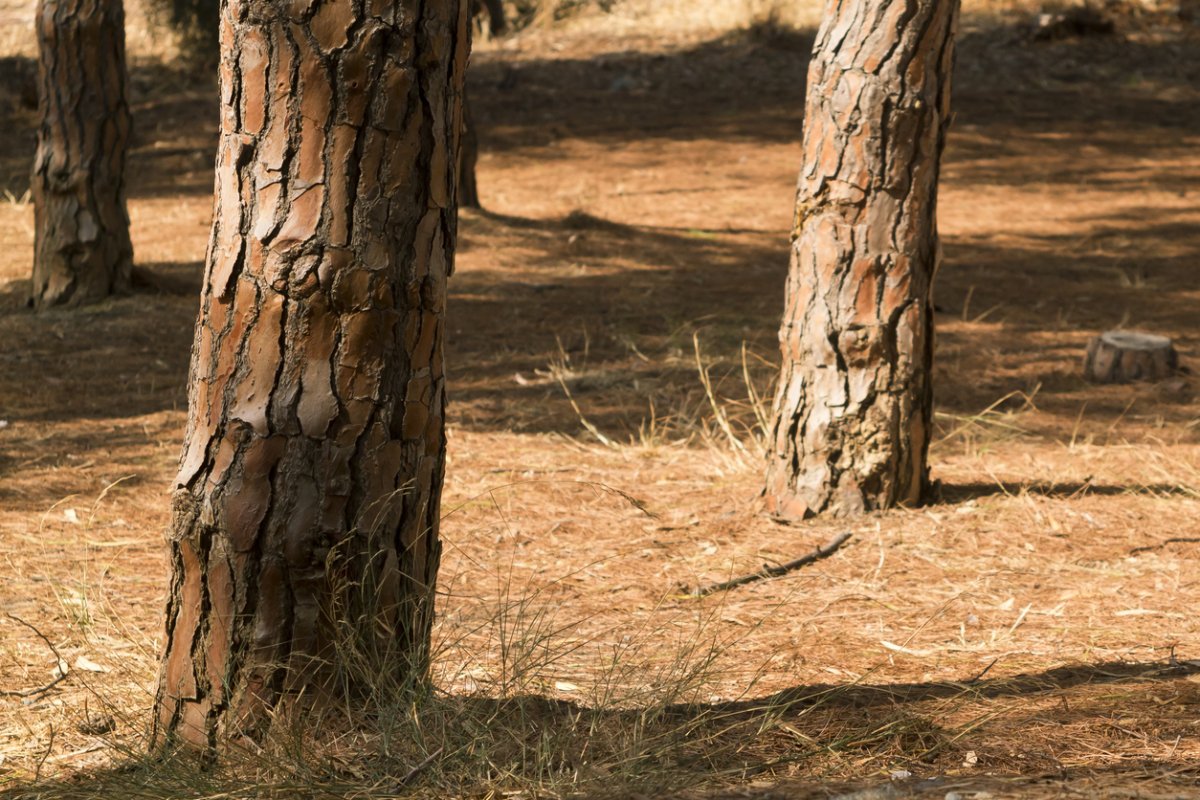Pine needle compost might be one of the most misunderstood areas of composting. Sure, there’s some confusion about whether that take-out container is compostable, but when it comes to pine needles, there’s a longstanding assumption that they are too acidic.
